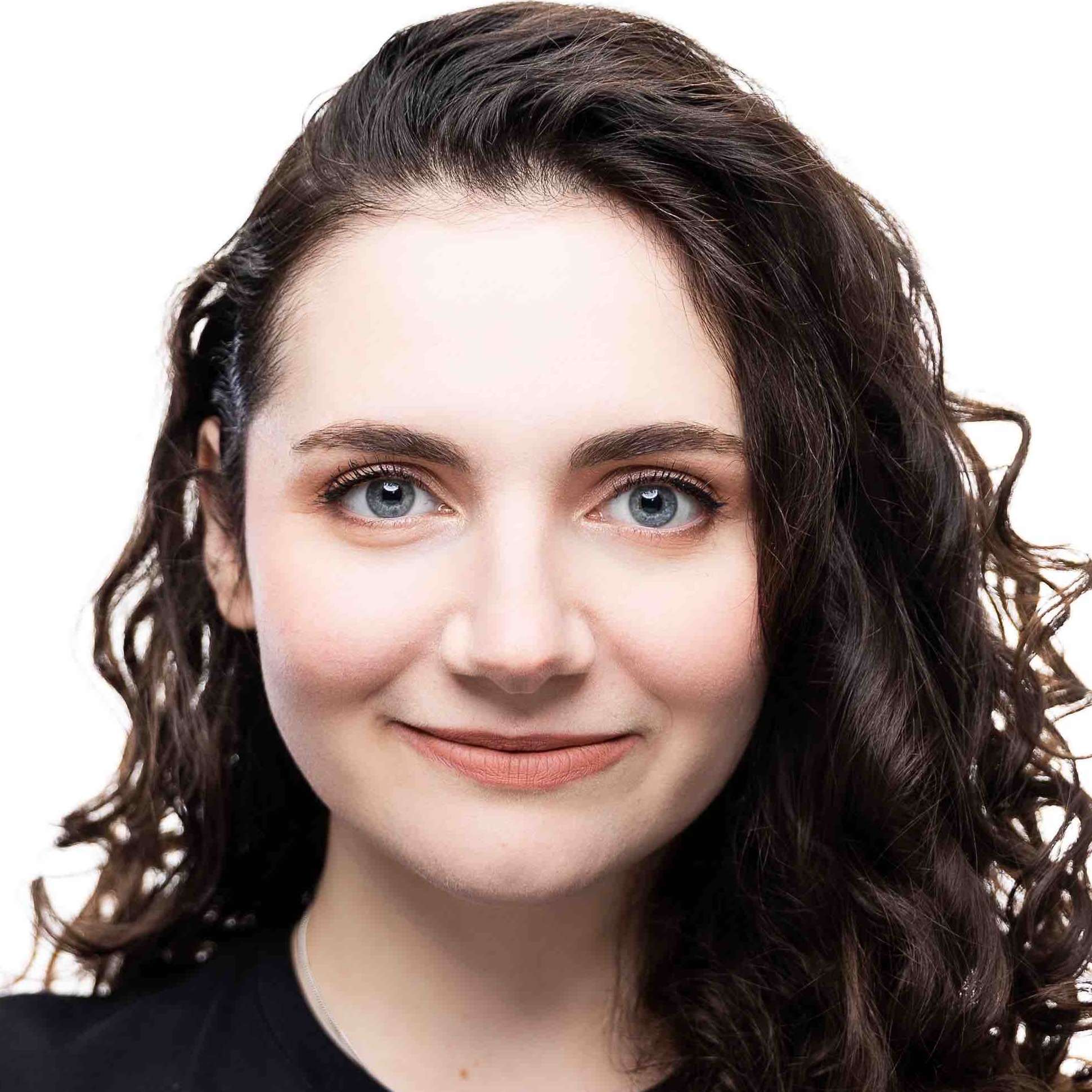Research
Latest Article
What if AI could learn from millions of unlabeled radiology images and reports—and then flexibly adapt to new clinical
tasks? In a new comprehensive review in Radiology, we dive into how foundation models (FMs) are set to
revolutionize radiology!
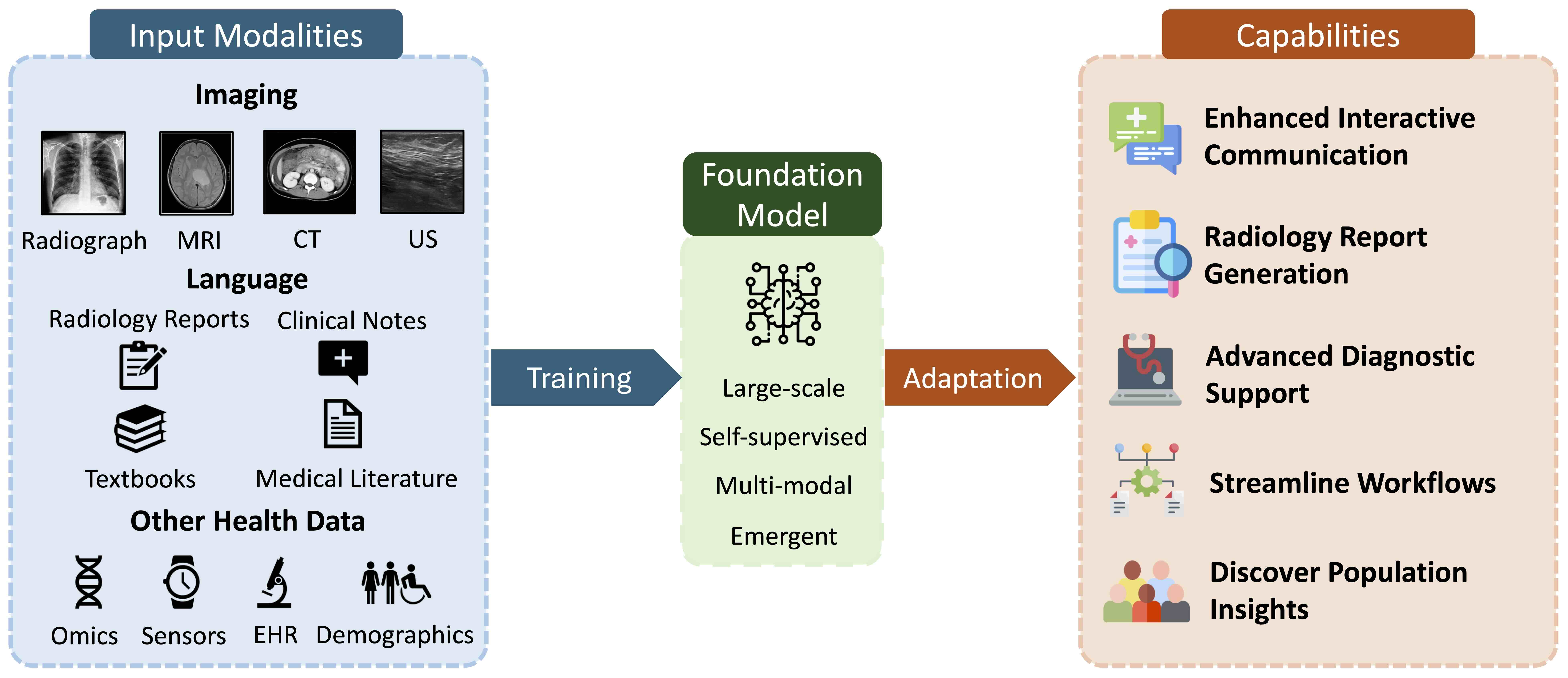
Our review provides a structured framework for understanding FMs in radiology: Core technical principles,
training methodologies, clinical applications, evaluation strategies and implementation challenges
Evaluating and Improving AI Model Robustness
I have developed methods to evaluate and enhance the robustness of neural networks in medical imaging. My work introduced adversarial examples to the medical community, demonstrating the vulnerability of classification and segmentation models for cancer diagnosis in breast imaging and dermatoscopy.
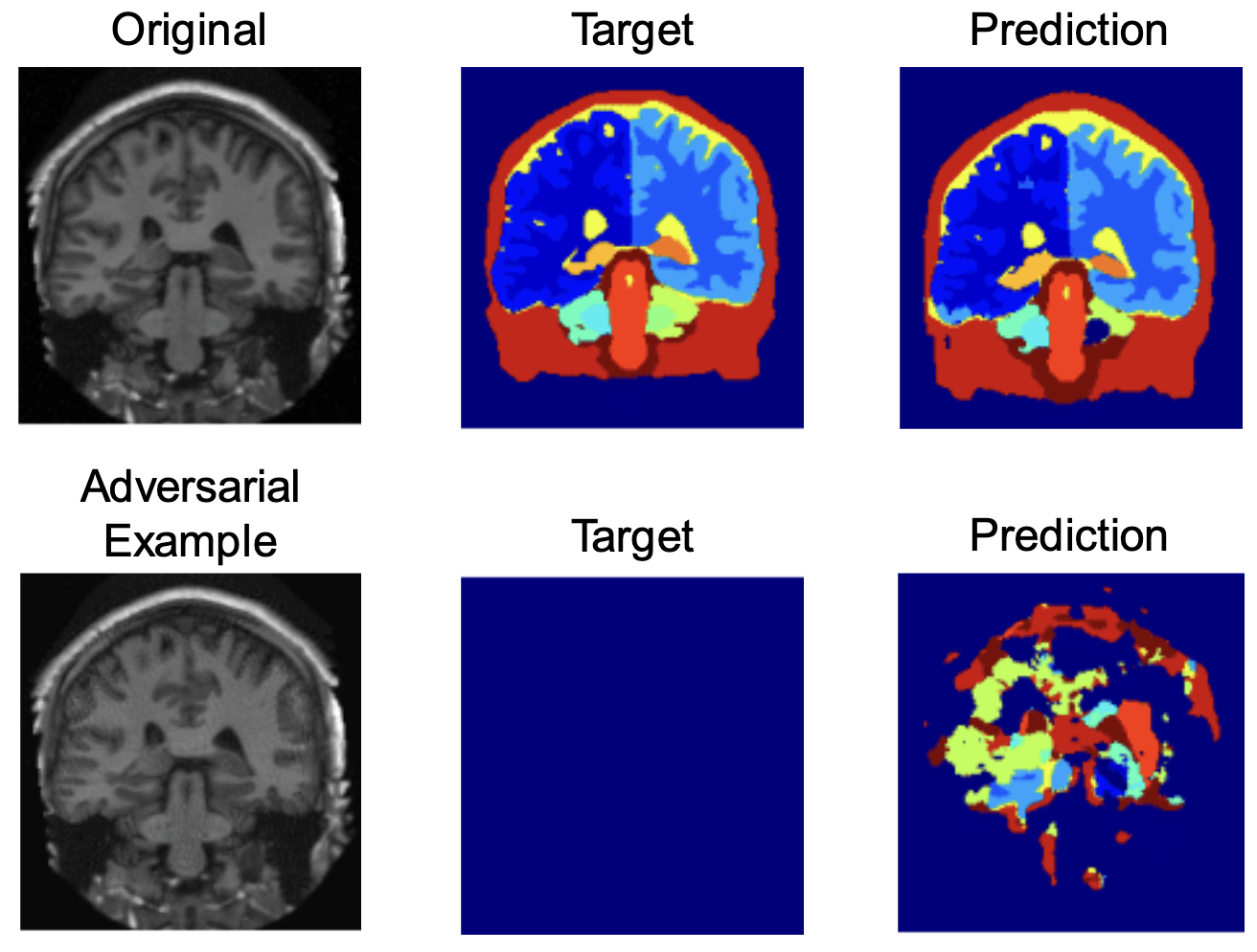
Investigation of medical imaging networks using adversarial examples for model evaluation and benchmarking.
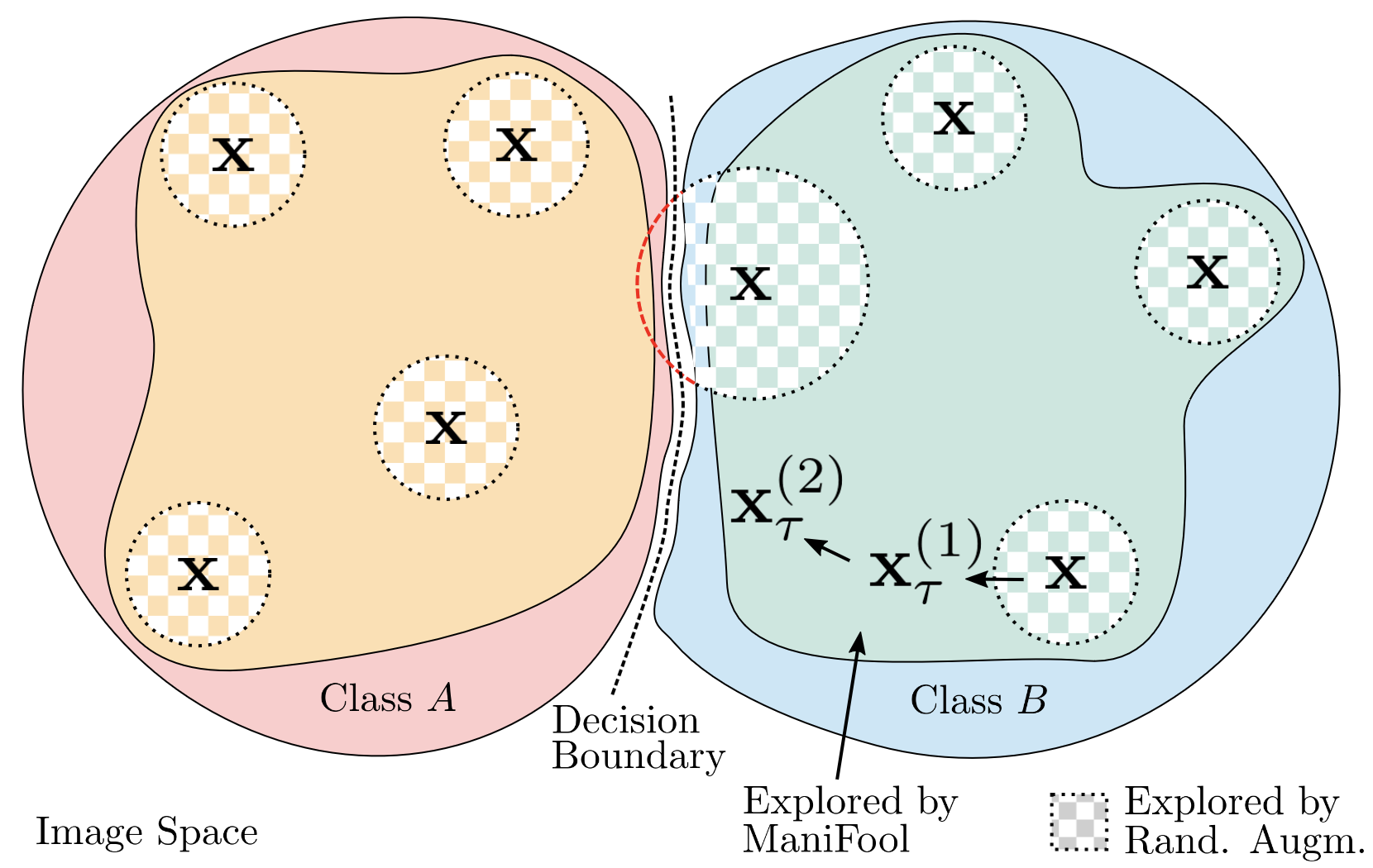
Novel geometric transformation techniques for improved model robustness and performance.
Development of Large-Scale AI Models in Radiology
Contributing to the development and evaluation of foundation models for radiology, focusing on models that can interpret both textual and imaging data.
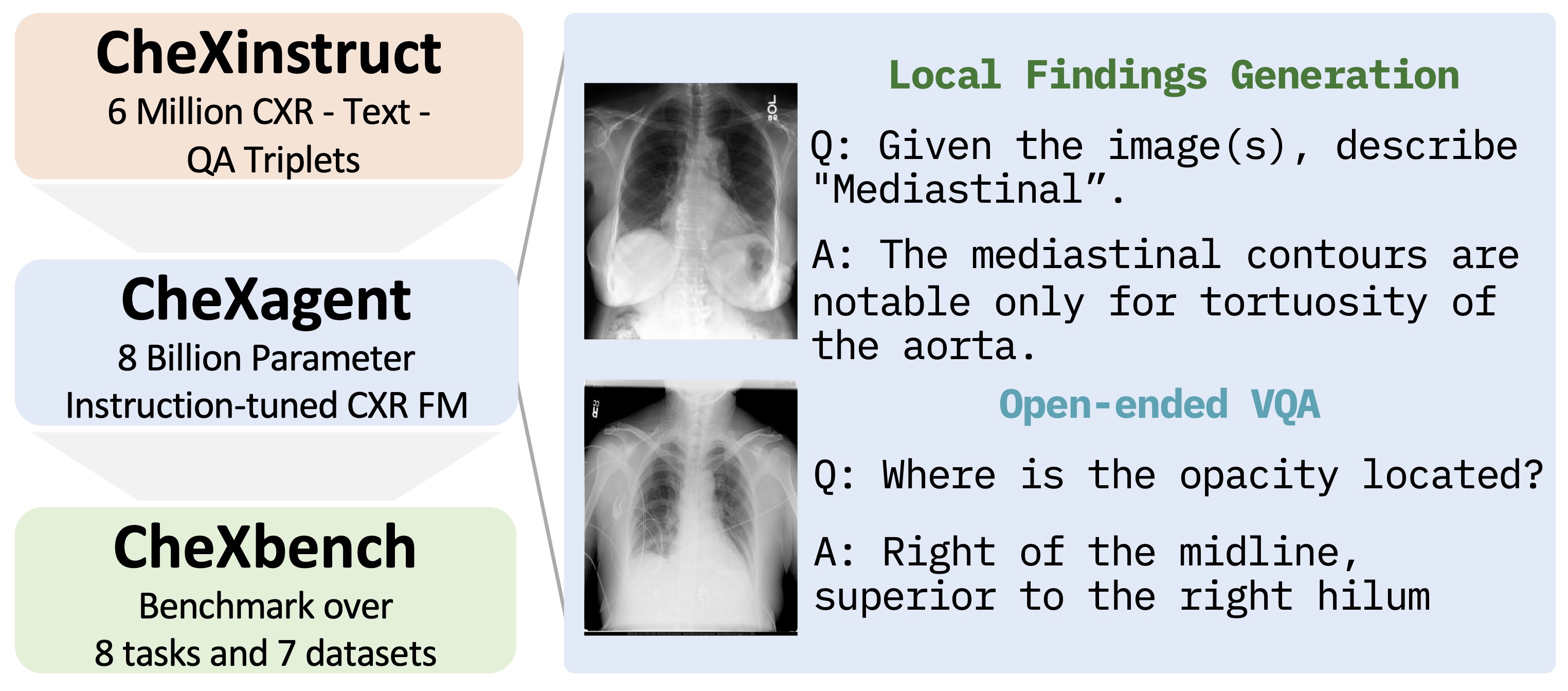
Development of an instruction-tuned foundation model for chest X-ray interpretation and report generation.

Evaluation of a comprehensive model for CT scan analysis with EHR codes and reports.
Multi-modal Deep Learning for Disease Biomarkers
Development of approaches bridging data-driven deep learning with hypothesis-driven testing, focusing on biomarker identification using combined imaging and non-imaging data.

Novel permutation-based framework for predicting depressive symptoms in adolescents.
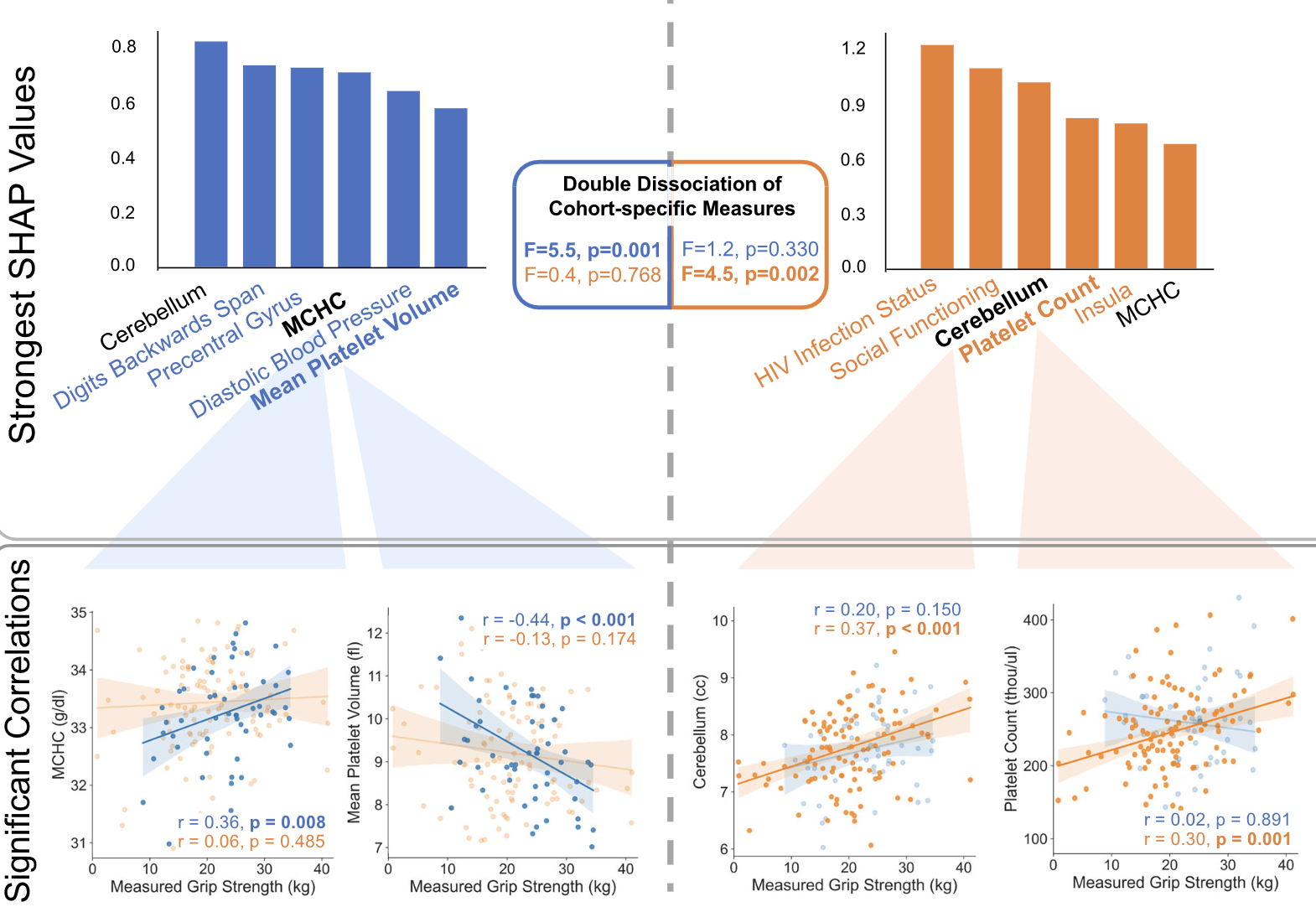
Machine learning approaches for identifying disease biomarkers and risk factors.
Deep Learning for Surgical Workflow Analysis
Advancements in surgical phase recognition focusing on improving patient safety and supporting intra-operative decision-making through automatic workflow analysis.

Multi-Stage Temporal Convolutional Network for surgical phase recognition.

Transformer-based model for surgical phase prediction from video sequences.
Teaching Experience
-
Machine Learning for Neuroimaging
Stanford University
PSYC 121, PSYC 221 | 2022-2023
-
Machine Learning in Medical Imaging
Technical University of Munich
IN2106 | 2018-2021
-
Deep Learning for Medical Applications
Technical University of Munich
IN8901 | 2018-2021
Get In Touch
-
Address
1701 Page Mill Rd
Palo Alto, CA
United States

